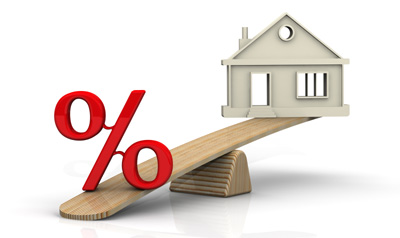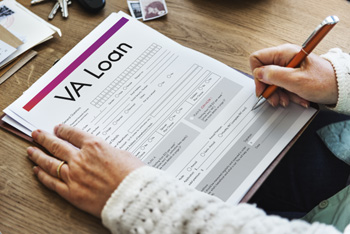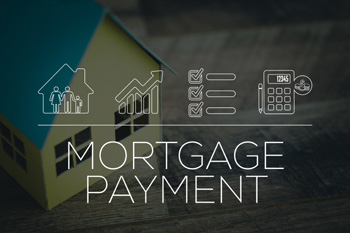You’ve seen the ads on tv for home warranties. They sound like a good idea. However, if you’ve bought a home recently, you might have purchased or received a home warranty. However, consumers frequently expect more from these plans than they deliver. Refer Money Talk New March 20, 2018
you’ve bought a home recently, you might have purchased or received a home warranty. However, consumers frequently expect more from these plans than they deliver. Refer Money Talk New March 20, 2018
Home warranties aren’t insurance policies. Instead, they are service contracts. Like a service contract that covers repairs to your computer, a home warranty is a company’s agreement to pay for fixing — and, if necessary, replacing — specified home components.
By comparison, a home insurance policy covers losses if your home and its contents are damaged or lost to theft, fire or other causes.
A basic home warranty costs about $350 to $500 a year or more. A warranty typically covers kitchen appliances, plumbing, water heater, heating and electrical system components, sump pump, whirlpool tub, and ceiling and exhaust fans, Angie’s List says.
“Enhanced” plans, purchased for another $100 to $300, provide added coverage for such things as a washer and dryer, air conditioning system, refrigerator and garage door opener. Optional coverage can be added, including for pools and septic systems.
You may be covered already
If someone gives you a home warranty, accept it — at least while it’s free. But understand that, even with someone else paying the premiums, you’ll likely pay a service fee — typically $50 or $75 — each time you need a repair, according to Angie’s List.
Before buying a home warranty, learn what coverage you may already have. For example, if you’re buying a newly built home, know that:
•The home appliances and systems typically have one-year warranties.
•Most states require builders to warranty the home’s structural elements for up to 10 years.
Also, when you buy new furnishings and appliances, use a credit card that extends the product’s warranty. That can add as much as an extra year of protection.
Is a home warranty right for you?
Sellers may offer a year of coverage as an incentive to home shoppers. Real estate agents sometimes give home warranties to clients as a thank you gift for purchasing a home. Some buyers of older homes find that a warranty gives them confidence.
Other homeowners decide they’re better off setting aside savings to cover home repairs and replacements.
One way to think about your needs: Compare the age of each covered item with its average life span. To do so, use the chart at the National Association of Certified Home Inspectors website.
With expensive components near or past their life expectancy, a home warranty might be a good idea. Components that have pre-existing problems, however, typically are excluded from protection.
Be sure to vet any company before purchasing a home warranty. Good resources include:
•Better Business Bureau
• Your state attorney general’s office: Find yours from the National Association of Attorneys General.
• Your state insurance commissioner: Locate yours with the National Association of Insurance Commissioners map. Although home warranties aren’t insurance policies, many states require companies offering warranties to register or be licensed by the state’s department of insurance.
Pros of home warranties
Buyers who purchase a previously owned home inherit used appliances and home systems with wear and tear. A home warranty can help cover the cost if things break down.
For example, if fire destroys your boiler, it might cost more than $10,000 to replace. A home warranty might cover at least a portion of the cost.
Cons of home warranties
However, for many homeowners, there is a wide gap between what the customer expects and what the plans deliver. Before buying a home warranty, read the contract and understand exactly what it does and does not cover. For example, some contracts will not provide coverage if:
•You didn’t maintain the appliance.
•The appliance was installed incorrectly.
•The appliance had too much wear and tear.
If you haven’t read the agreement carefully, be prepared for surprises. Don’t assume:
• Your policy will replace a faulty component. The warranty company might insist on repairing it instead.
• You can call your favorite service provider. Home warranties usually require you to use a contracted servicer.
• The warranty will cover the entire cost. In some cases, the warranty will cover just a fraction of the repair cost.
So, find out what’s covered and what the warranty provides. There may be exclusions and limitations. Perhaps the refrigerator is covered, but the ice maker is excluded. Claims might be rejected because of pre-existing problems or insufficient maintenance.
Learn who will perform the repair work. Also, find out if you can cancel the policy, and whether there is a period — such as 30 days — when you can get a “free look” at the program.
Ruth Schoenherr is a mortgage broker who will help you find home loans in the Clearwater, Palm Harbor, Largo, Safety Harbor, St Petersburg and Tampa Bay area. For more information, go to her web site at www.ClearwaterMortgageBroker.net
 artificially low interest rates for almost a decade, and the consensus was that we can’t keep doing this forever. However, Jerome Powell, chair of the Federal Reserve, makes the big decisions when it comes to the federal funds rate and due to recent trade war news and the overall global economy, he’s hinting that rates could be decreasing soon.
artificially low interest rates for almost a decade, and the consensus was that we can’t keep doing this forever. However, Jerome Powell, chair of the Federal Reserve, makes the big decisions when it comes to the federal funds rate and due to recent trade war news and the overall global economy, he’s hinting that rates could be decreasing soon.




